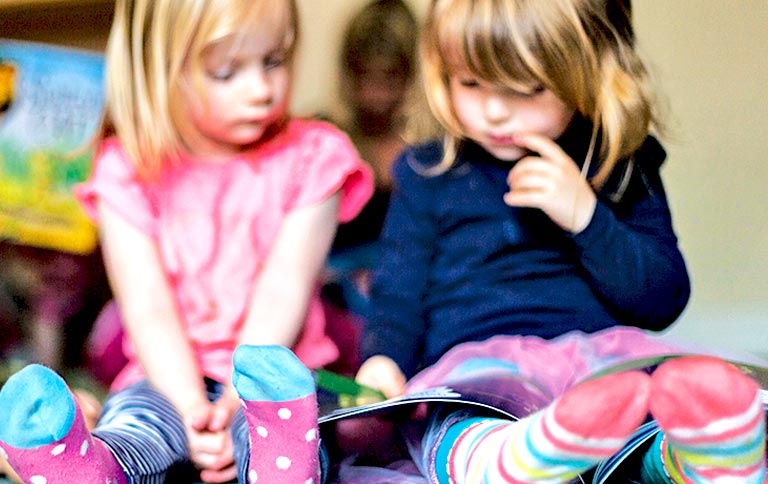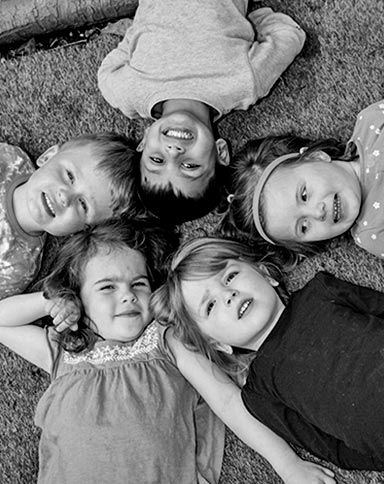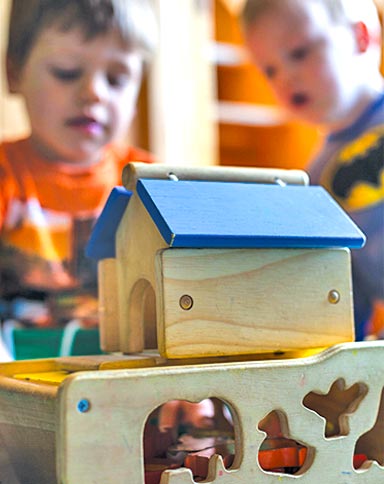


Respect and accept
At Little Steps we value diversity and welcome different cultures and faiths.
We believe that teaching British values means providing a curriculum that actively promotes the Fundamental British Values. These values are: democracy, the rule of law, individual liberty and mutual respect for and tolerance of those with different faiths and beliefs.
.
Teaching the children British values is embedded in everything we do. Britain has undergone rapid economic and social change in the last few decades and we live in an increasingly diverse society. We endeavour to teach our children that it is possible to live together peacefully, each individual being a valuable part of our multicultural world.
Everyone has a voice and is listened to in the following ways:
- We take time to ask the children what they do/do not enjoy at nursery
- At group times we listen to their ideas and integrate those ideas into the planning.
- Using a whiteboard, we record what they like/dislike with a smiley/sad face.
- We plan group times, where children learn to listen, take turns and value contributions from others.
- At group mimes we discuss the rules and the way we feel about them.
- Using thoughtful questions and comments, we encourage children to listen to each other’s ideas and work together as a team.
- We teach children to work together by providing them with projects that involve everyone. They learn about shared values and working together towards a common goal.
- We use toys to help the children learn the importance of taking turns and sharing.
As positive role models, we aim to ensure that children understand their own and others’ behaviour and its consequences, and learn to distinguish right from wrong.
We teach the children right from wrong, partly by praising positive behaviour. We encourage the children to listen to each other, to be polite and well-mannered and to work together. We encourage the children to talk about their feelings and manage their behaviour.
When it comes to self-confidence and self-awareness, and people and communities, we draw on the series Personal, Social and Emotional Development with Understanding the World.
- Children should develop a positive sense of themselves. We provide opportunities for children to develop self-knowledge, self-esteem and build confidence in their own abilities, for example by allowing them to take risks on an obstacle course, mixing colours, talking about their experiences and learning.
- We encourage a range of experiences which allow children to explore the language of feelings and responsibility, reflect on their differences and understand that we are free to have different opinions, discussing, for example, in a small group what they feel about certain events in their lives, such as going to school, a new sibling or moving house.
We help children develop a positive self-image, to be confident in themselves, their ideas and abilities by nurturing confidence and self-esteem. We discuss activities they have enjoyed and encourage them to take pride in their own and others’ achievements. We teach the children about compromise, i.e. that while some of us believe one thing, some of us may believe something totally different, but we can all play together in the same group setting and respect one another’s views and ideas.
We teach children mutual respect and tolerance, ensuring that children have the right to say ‘No’ and be respected for their choices. We include world religions and festivals in our planning to teach children about the world in which they live. We link children’s learning so they understand they are part of a much wider world and community. We display posters and reading books which show world religions and cultures, blended families, disability and equal opportunity.
What is not acceptable is:
- actively promoting intolerance of other faiths, cultures and races
- failure to challenge gender stereotypes and routinely segregating girls and boys
- isolating children from their wider community
- failing to challenge behaviours (whether of staff, children or parents) that do not reflect the fundamental British values of democracy, rule of law, individual liberty and mutual respect for and tolerance of those with different faiths and beliefs.